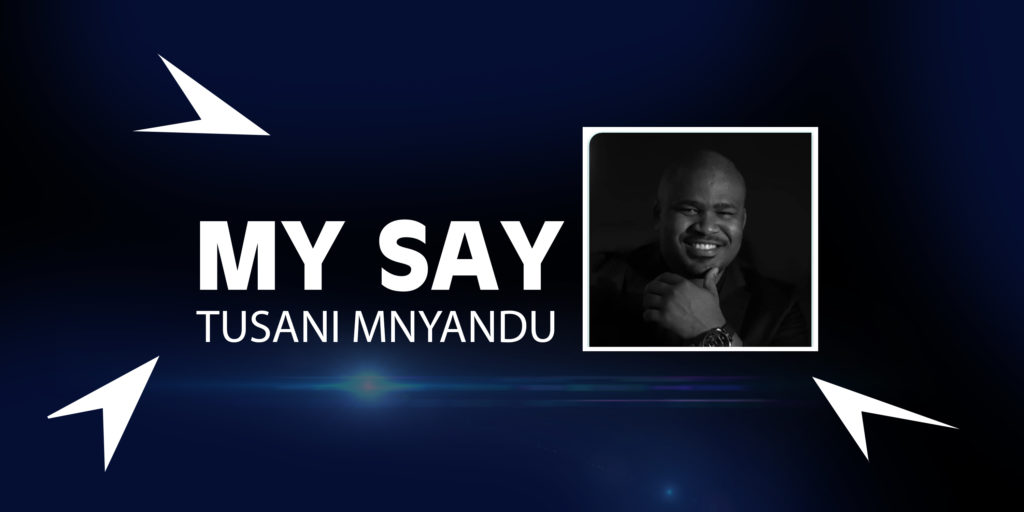
This is what the first Conference of Independent African States on 15 April 1958 resolved when it decided to observe annually an African Liberation/Freedom day. Both the Organisation of African Unity (OAU) and the African Union (AU), reiterated and cemented this position.
On 25 May, the world commemorated Africa Day and this month is also known as Africa Month.
There was little fanfare about Africa Day in 2020, as across the world, countries battle Covid-19 and have implemented lockdowns. But we should take time to reflect on the journey we have travelled. As the poet Maya Angelou advised, “You can’t really know where you are going until you know where you have been.”
When Nelson Mandela was inaugurated as president of the Republic of South Africa in 1994, he said, “Let each know that for each the body, the mind, and the soul have been freed to fulfil themselves.”
We as Africans must ask ourselves, are we indeed free from foreign domination and exploitation?
The short answer has to be a resounding “no”. We are not free from foreign domination and exploitation. The evidence is in the very language I am using to communicate this message: if we were really free, I would be able to write in Kiswahili – and you should be able to understand me.
Instead of promoting our own languages, our ministers tell us that Mandarin, a foreign language, will be introduced in our schools.
What could be the reason other than to prepare for the second phase of colonisation?
The emergence of groupings such as the Economic Freedom Fighters throughout the continent is an indication that as a people, there are certain freedoms that we are still yearning for. Chief among them is economic freedom. Being as rich as a continent, why should we even be debating economic freedom?
The truth is our resources are still dominated and extracted by foreign powers. We are still paying colonial debts that we had nothing to do with. To this day we as a continent are still at the mercy of the International Monetary Fund and the World Bank.
If Africa were free from foreign domination and exploitation, it would be able to fund and build the headquarters of its organisation, the African Union (AU), and not rely on a foreign country to do it for it.
There should be no reason for African leaders to go to none African countries to seek medical help every time they fall sick.
There should be no reason for Africa not to be outraged when her citizens are discriminated against and being treated inhumanely in China.
There should be no reason at all why Africa should be running to the IMF and World Bank for aid and relief for COVID 19.
Africa should have defended the peoples of Libya, when foreign interests were seeking to divide the country by enforcing regime change.
Africa should have intervened in Zimbabwe and Sudan.
African governments should be retaining the skills of the Africans in the diaspora inside their countries in order to assist those countries to grow.
Africa should by now be leading the world in innovation, technology, and economic growth – but we remain at the bottom of the pecking order.
Perhaps as we must as we reflect, ask ourselves where we got it wrong, and take corrective measures: it is never too late to mend. Despite our challenges, gloom and despondency have never defeated adversity. We must take comfort and solace in the knowledge that we have it within ourselves to be great, to find African solutions to our African problems,
Dr Ruel J Khoza once opined “African leadership is imperative. If not us, then who? Let Africa rise to this challenge.”
In this Africa Month, we must remember that we stand on the shoulders of Kwame Nkrumah, Kenneth Kaunda, Julius Nyerere, Robert Mugabe, Robert Sobukwe, Solomon Mahlangu, Lilian Ngoyi Bantu Biko and Nelson Mandela amongst others. Let their courage and wisdom inspire us to fully liberate Africa.
Whereever you are, spare a thought for Africa and recommit to achieving her ideals.
God bless Africa. Aluta Continua!
• Tusani Mnyandu is a student at Rhodes University completing a Postgraduate Diploma in Journalism and Media Studies.


